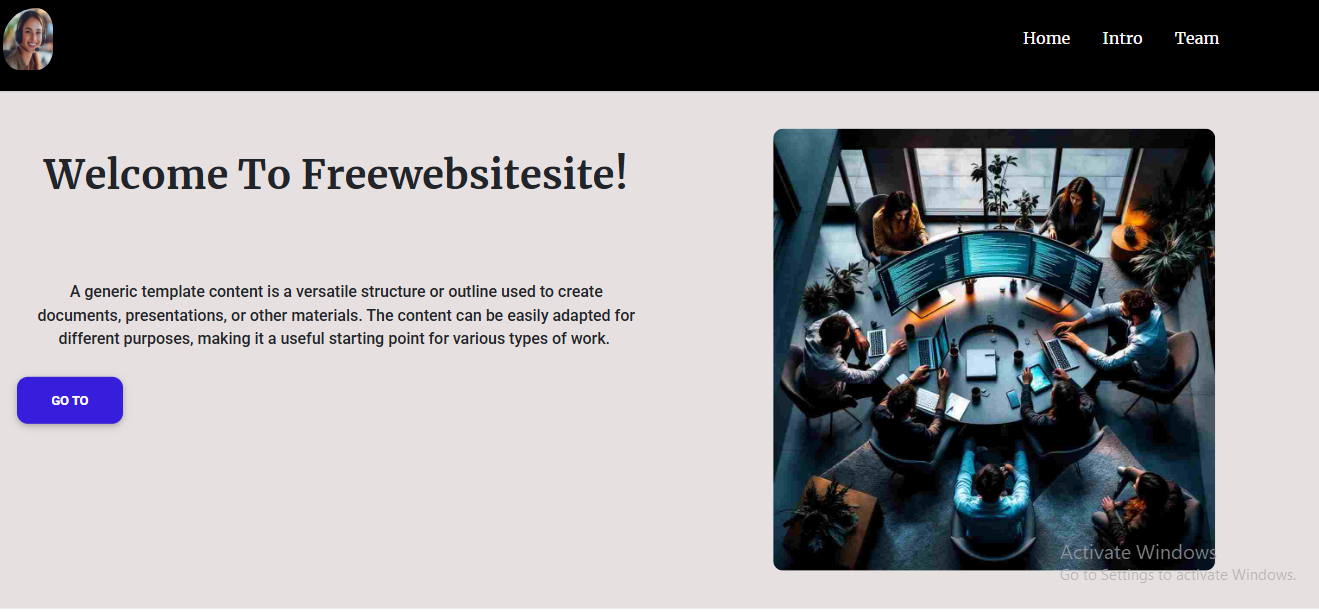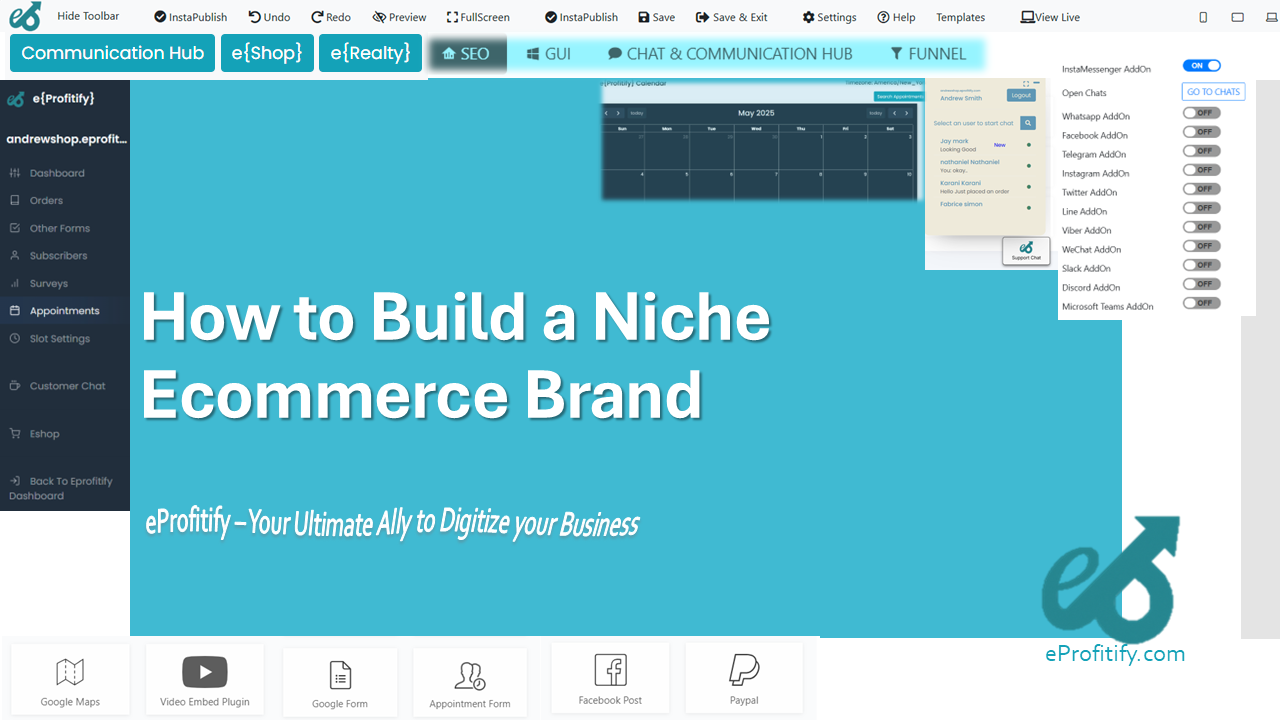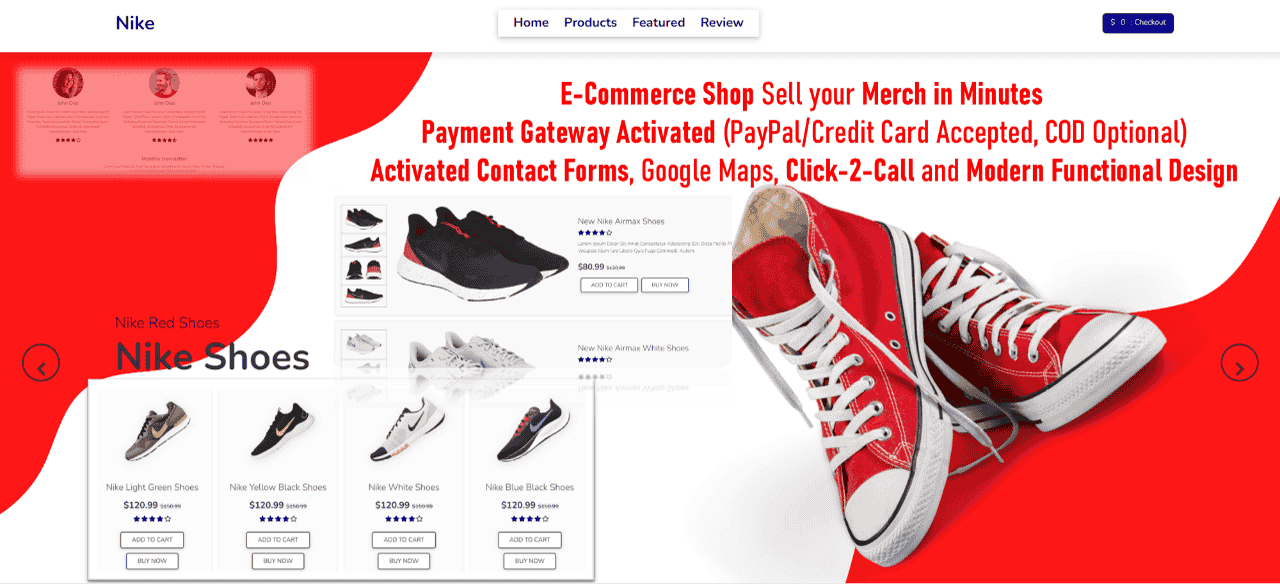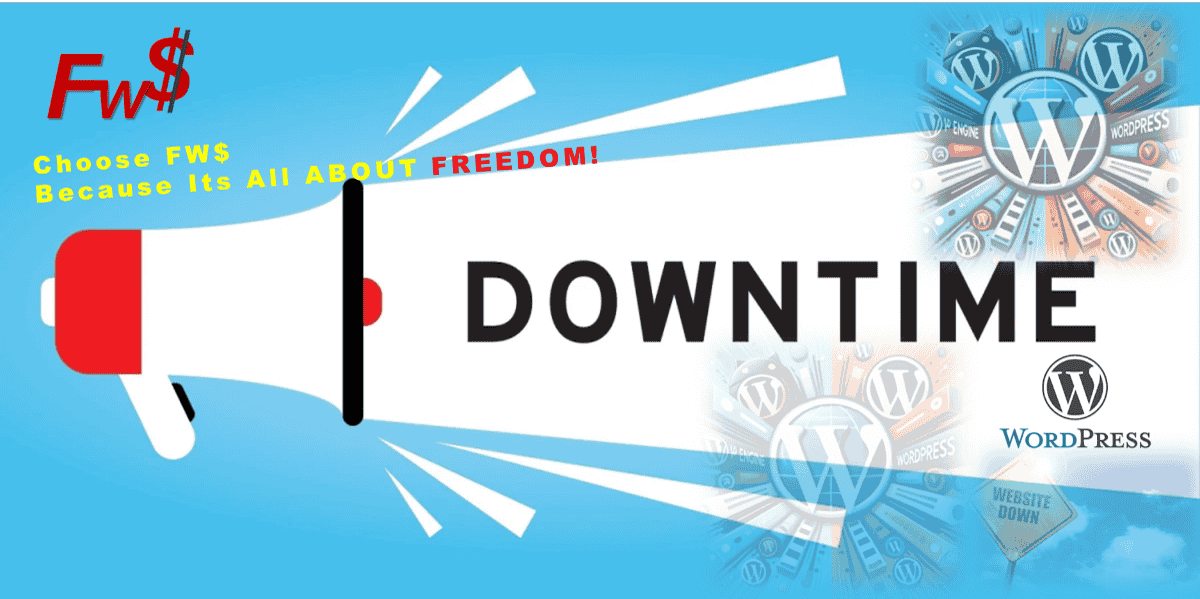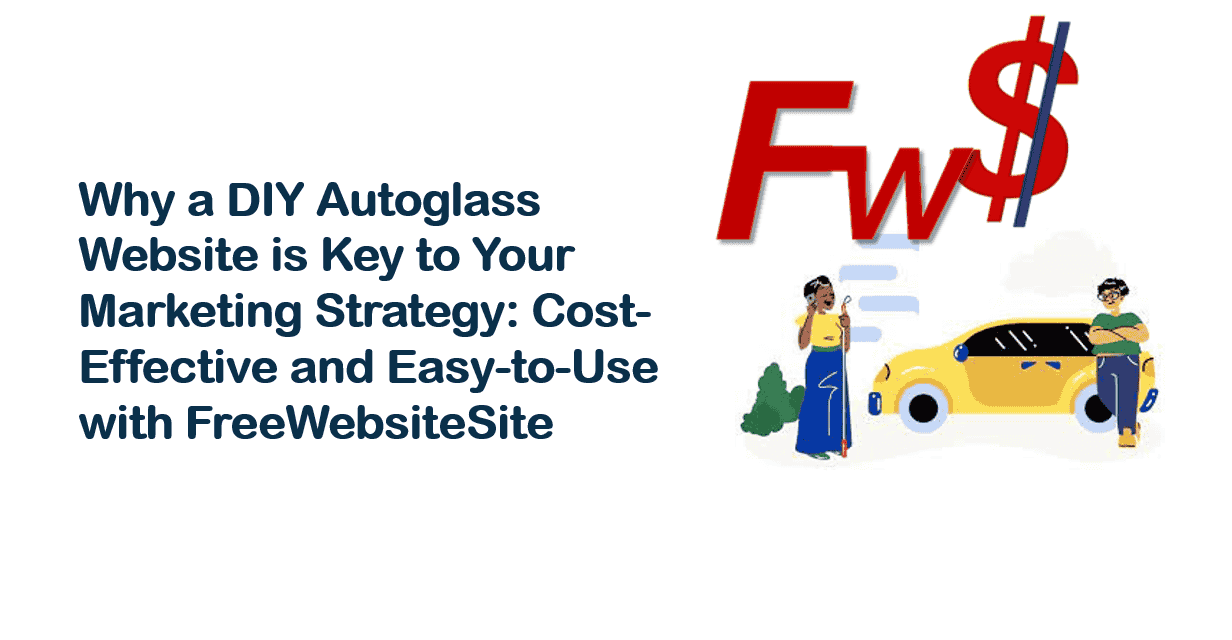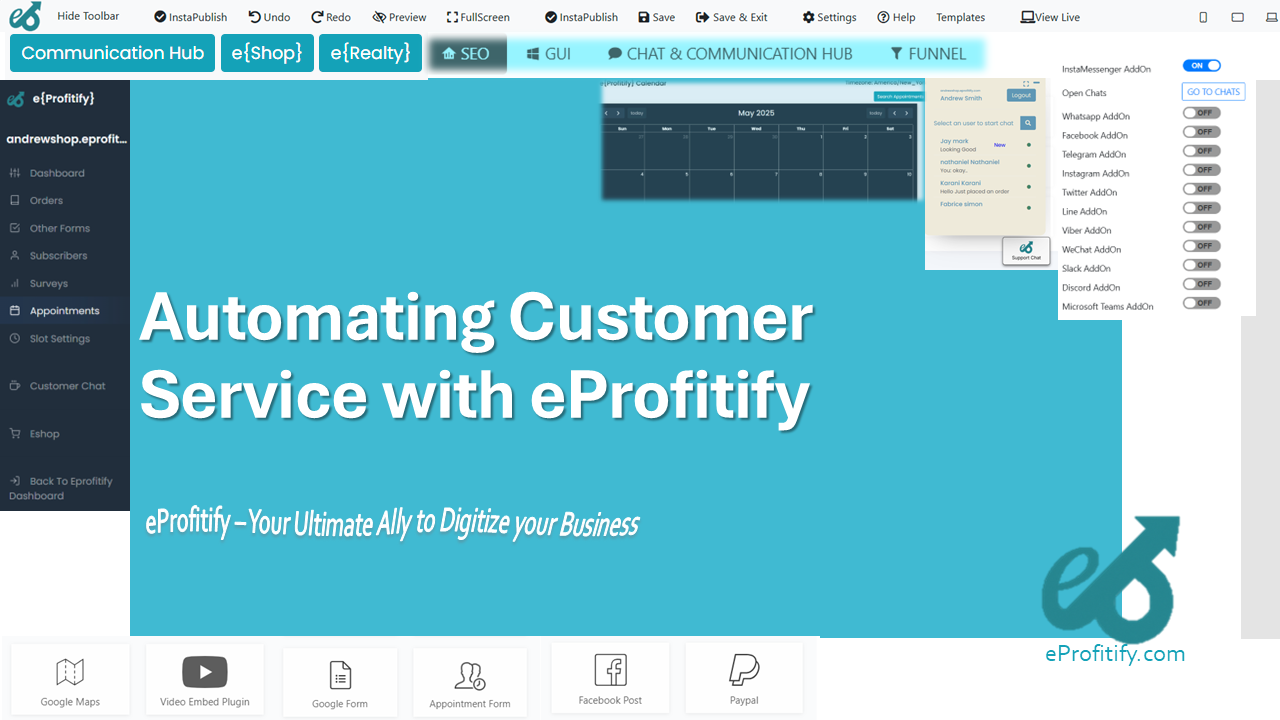What Every Startup Needs Before Building a Website
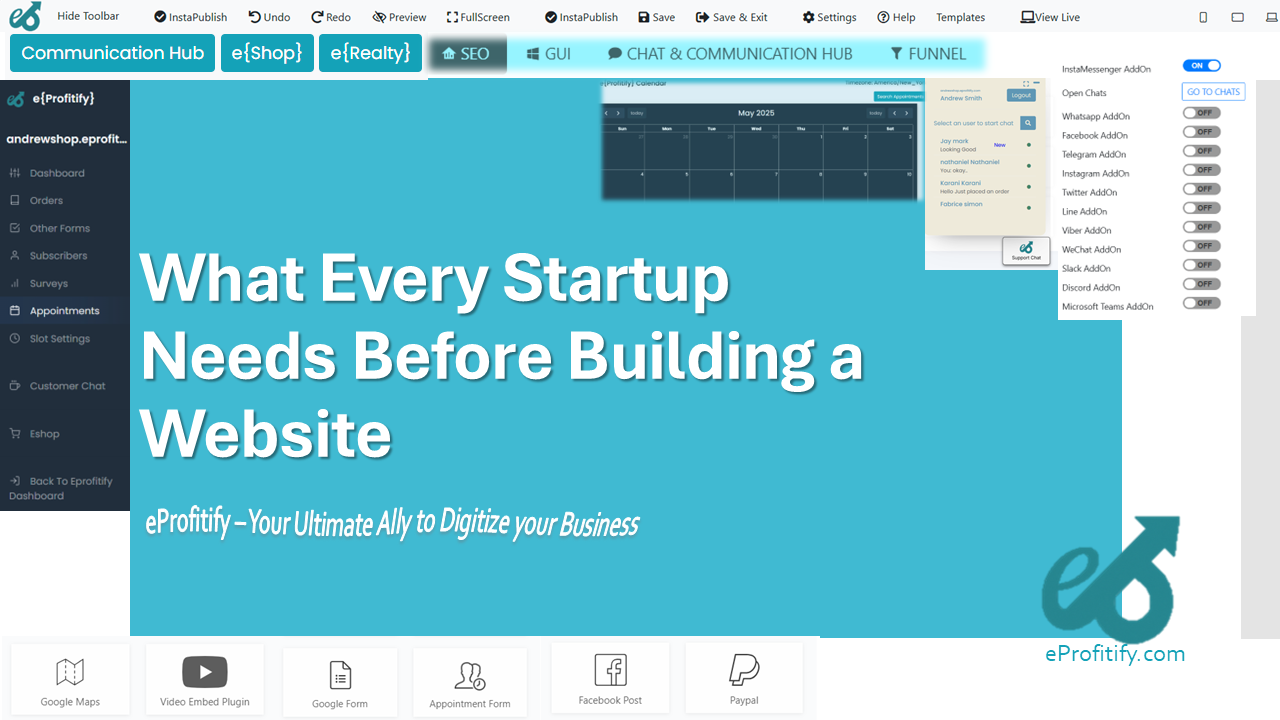
What Every Startup Needs Before Building a Website
In today’s digital-first economy, a website is more than a virtual business card—it’s a critical tool for customer engagement, brand credibility, and revenue generation. For startups, the stakes are even higher: 48% of consumers cite website design as the primary factor in determining a business’s credibility, and 88% are less likely to return to a site after a poor experience (Stanford University, 2023). However, building a website without proper planning can lead to wasted resources and missed opportunities. Here’s what every startup needs to prioritize before launching its digital presence, with insights into how platforms like eProfitify, a leading website management tool, can streamline the process.
1. A Clear Business Plan and Goals
A website must align with your startup’s core objectives. Are you boosting sales, generating leads, or raising brand awareness? Define measurable goals (e.g., “Increase newsletter sign-ups by 30% in Q1”) to guide design and functionality. Startups with documented goals are 3x more likely to succeed (Cooley LLP, 2023). Use this clarity to prioritize features—like eCommerce integration for product-based businesses or appointment scheduling for service providers.
2. Audience Research
Understanding your target audience is non-negotiable. Analyze demographics, preferences, and pain points. For instance, 73% of Gen Z consumers expect personalized experiences, while 61% of users globally will leave a site if it’s not mobile-friendly (Google, 2023). Tools like Google Analytics and social media insights can help tailor your website’s design and content to resonate with your audience.
3. Domain Name and Reliable Hosting
Choose a domain name that’s short, memorable, and reflects your brand. Opt for a .com extension, which holds 48% global market share (DomainNameStat). Pair this with secure, scalable hosting—75% of users abandon sites that take longer than 4 seconds to load (Portent, 2023). Providers like Bluehost or SiteGround offer uptime guarantees, while eProfitify includes built-in hosting optimized for speed and security.
4. Content Management System (CMS)
A robust CMS simplifies content updates. While WordPress powers 43% of all websites (W3Techs, 2023), all-in-one platforms like eProfitify offer distinct advantages. Beyond basic CMS capabilities, eProfitify integrates CRM, instant messaging, appointment management, and eCommerce, eliminating the need for multiple plugins. This consolidation reduces costs and technical complexity—a win for startups.
5. User-Centric Design and Navigation
Invest in intuitive design. Users form first impressions in 50 milliseconds (Google), so prioritize clean layouts, mobile responsiveness, and fast load times. Features like sticky menus and clear CTAs improve navigation. eProfitify’s drag-and-drop editor lets startups create professional designs without coding, while AI-driven templates adapt to user behavior for personalized experiences.
6. Core Functionalities
Identify essential features early:
- eCommerce Tools: With global online sales projected to reach $6.3 trillion by 2024 (Statista), integrated payment gateways and inventory management are vital.
- CRM: Track customer interactions and automate follow-ups. Startups using CRM see a 29% increase in sales (Salesforce, 2023).
- Appointment Management: Reduces no-shows by 30% via automated reminders (Calendly).
- Instant Messaging: Live chat boosts conversion rates by 20% (Forrester).
eProfitify bundles these tools into a single platform, allowing seamless management of sales, bookings, and customer relationships.
7. SEO Strategy
75% of users never scroll past the first page of search results (HubSpot, 2023). Optimize with keyword research, meta tags, and quality content. eProfitify includes built-in SEO tools, such as keyword analyzers and sitemap generators, to improve visibility without third-party plugins.
8. Security Measures
Cybersecurity is critical—43% of cyberattacks target small businesses (Verizon). Install SSL certificates, enable two-factor authentication, and comply with GDPR or CCPA. eProfitify offers enterprise-grade encryption and automated backups, safeguarding data and customer trust.
9. Analytics and Testing
Use Google Analytics or eProfitify’s dashboard to monitor traffic, bounce rates, and conversions. Conduct A/B tests on CTAs and layouts—brands that test see a 30% higher ROI (VWO). Iterate based on data to refine user experience.
10. Launch and Marketing Plan
Prep with a soft launch to gather feedback. Post-launch, leverage email marketing (ROI: $42 for every $1 spent) and social media. eProfitify supports automated email campaigns and social integrations to amplify reach.
11. Ongoing Maintenance
Update content regularly and solicit customer feedback. Platforms like eProfitify simplify updates through real-time collaboration tools and customer surveys, ensuring your site evolves with market needs.
Conclusion
Launching a website requires strategic planning, but tools like eProfitify transform complexity into opportunity. By combining CMS, CRM, eCommerce, and analytics into one platform, startups can focus on growth rather than technical hurdles. In a world where 94% of consumers judge brands based on website design (Top Design Firms), partnering with the right platform isn’t just smart—it’s essential for survival. Equip your startup with purpose, precision, and eProfitify to turn your digital vision into reality.


